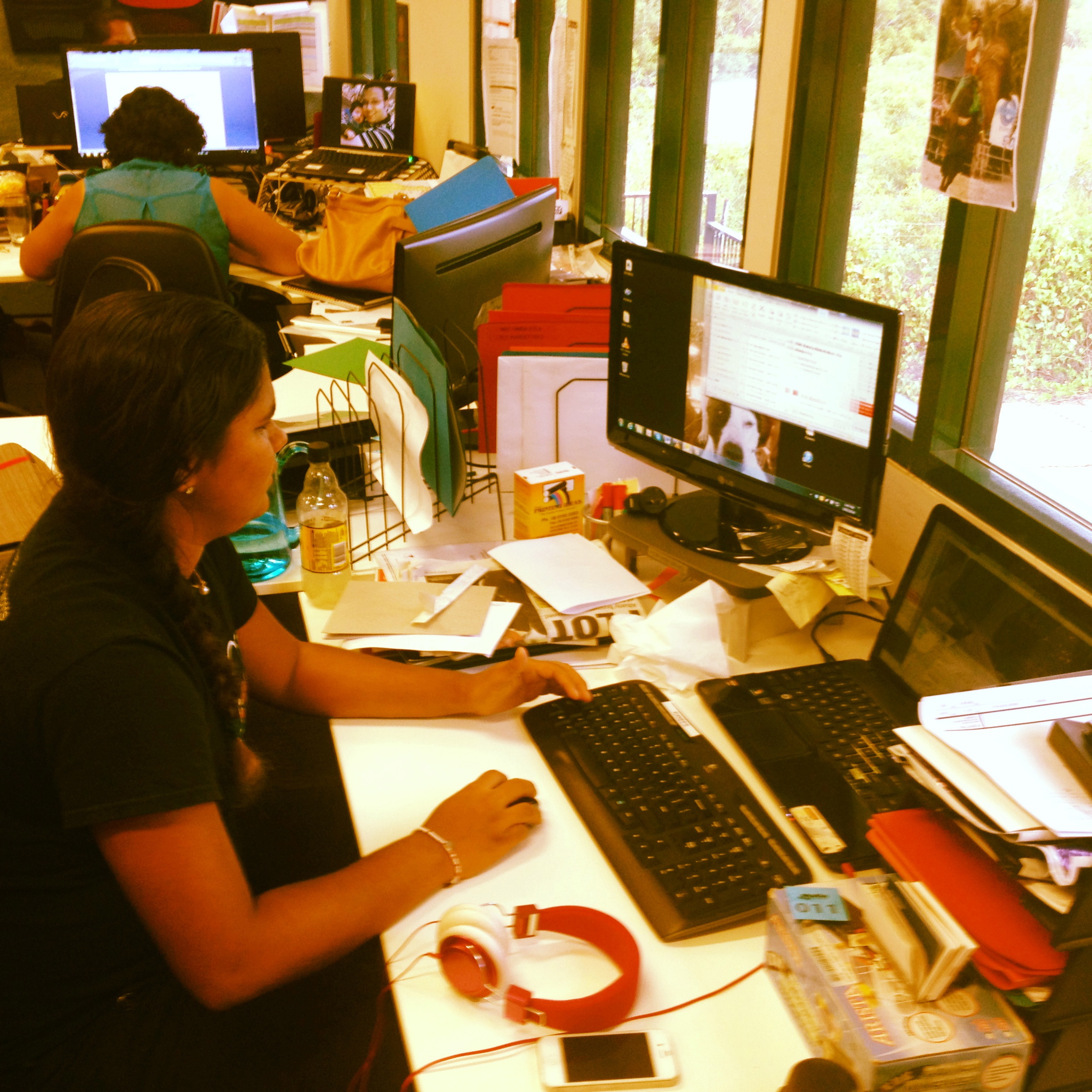EHSIS facilitates employment for Kimberley Traditional Owners
When mining company representatives head out with Traditional Owners to complete a Heritage Survey, they’re almost always in for an experience.
It might be searing hot days walking the ridgelines, or dipping between mountains in a helicopter, or doing the back-of-a-troopy-bounce down desert tracks. It might be bushtucker for dinner, flooded swags for dessert. Sometimes it’s even a bushfire, meaning the whole camp needs to pack and relocate.
Environmental Heritage Social Impact Services (EHSIS) staff who coordinate the employment of the Traditional Owners, and accompany Traditional Owners and mining companies on these surveys, are well-prepared and experienced.
EHSIS is a subsidiary company of KRED Enterprises Charitable Trust and one of its key services is the provision of staff and logistics to effectively carry out Heritage Surveys and to submit Heritage Survey Reports to mining companies on behalf of Kimberley Land Council (KLC) clients and Kimberley Traditional Owners.
In addition, EHSIS offers a cultural heritage monitoring service. It arranges for two cultural heritage monitors to be present during a company’s on-ground activities. The monitors ensure there’s no desecration of Aboriginal cultural heritage once activities have commenced. EHSIS also conducts environmental and archeological surveys.
Merilee Powers is the Operations and Logistics Manager of KRED and responsible for EHSIS Heritage Programs. She says there was a real need to offer this service.
“Not only do we work to protect cultural heritage, we’re also responsible for coordinating the employment of Traditional Owners. We have Traditional Owners working on the surveys and as cultural heritage monitors, contributing at meetings, and developing cultural awareness training.”
In 2013, EHSIS supported the casual employment of approximately 40 Traditional Owners.
Merilee says the EHSIS vision for 2014 is to see continued employment of Traditional Owners and to strengthen relationships with its proponents.
“We’re working on building strong and transparent relationships with proponents and ensuring that Traditional Owners have the best possible information to make informed decisions about what happens on Country.”
KRED’s job is to protect its members’ cultural values and intellectual property as best we can within Australian law.


